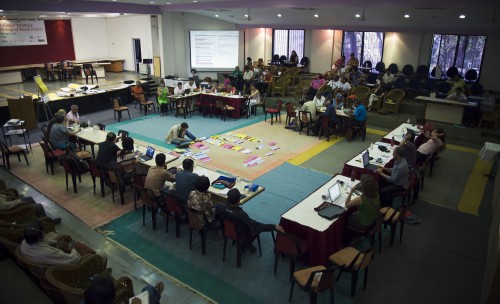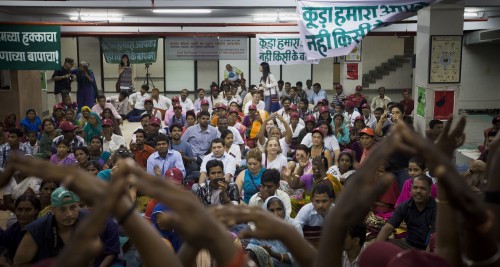Posts by International Alliance of Waste Pickers
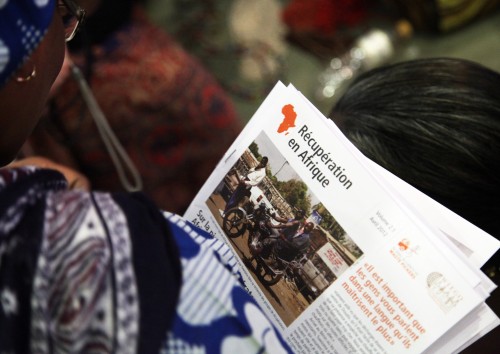
April 2012 African newsletter available
You can now download both English and French versions of the April 2012 African newsletters:
AIW Newsletter: May 2012
Threats to waste pickers (workshop notes)
Notes: Understanding Different Models
Follow the live notes of this document. Thanks to all the collaborators!
Collaborate on live notes
http://bit.ly/globalrecday2 Snapshot of the living document. It will be updated.
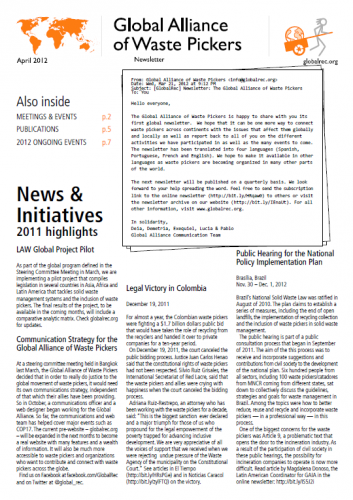
GlobalRec newsletters ready for print
We’ve prepared a printed version of the GlobalRec newsletters. Download the pdf:
Next week we’ll be in Pune, India
In just a few days, waste pickers’ organizations from 38 cities in Africa, Latin America and Asia will gather in Pune, India for the 1st Global Strategic Workshop of Waste Pickers. They’ll discuss inclusive models of integrated solid waste management as well as the threats and challenges they are facing.
Weekly News Round-Up/Noticias de la Semana – 4 April/abril 2012
Check the new type of News Round-up. One single post with all the news regarding waste pickers. Read it here in the blog or subscribe to the News Round-up newsletter.

Newsletter March 2012: The Global Alliance of Waste Pickers
Video: First Congress of Latin American Waste Pickers in Nicaragua

Dia Mundial dos Catador@s – Alex Cardoso, MNCR
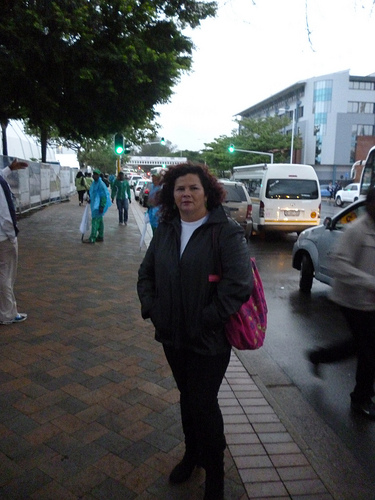
Marlen Chacón from Costa Rica, Global Waste Pickers’ Day

SAWPA (South African Waste Pickers’ Association) in solidarity with waste pickers across the globe
The South African Waste Picker’s Association (SAWPA) is in solidarity with waste pickers across the globe. We would like to commemorate the day of remembrance of all waste pickers around the world who die on the streets or landfills. Those Men and Women who we witness everyday being brutalized, beaten to death, shot, run over by trucks while trying to earn a living through waste recycling.
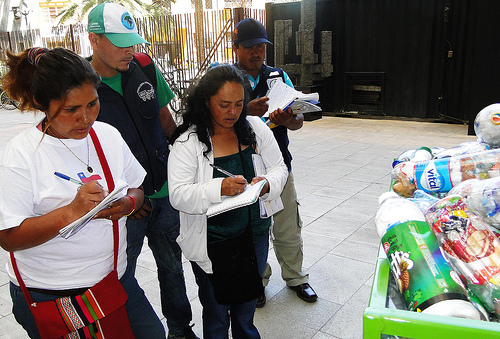
Global Waste Pickers’ Day 2012: workers organize to recognize and formalize their profession
Global Waste Pickers’ Day is celebrated on March 1 in memory of the massacre in Colombia in which 11 workers were brutally killed. For the past 20 years since this tragic event, waste pickers/recyclers have continued fighting for recognition of their work.

The Inner-city Cardboard Recycling Project and Global Wastepicker’s Day
Meeting other informal recyclers from around the world during COP 17 and Global Recyclers’ Day shows me that we are being recognised world-wide and that our challenges are universal. It is also an incentive for me to continue working hard in this job.” Victoria Bubu



